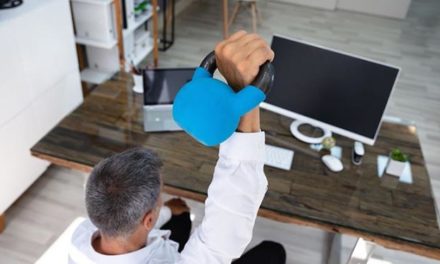Men living with a diagnosis of Peyronie’s Disease will, unfortunately, be old hands at dealing with discomfort and pain.
The beginning, acute phase of Peyronie’s Disease is categorised by the development of sore lumps called plaques, penile bending and indenting, all of which cause intense pain for the patient.
So does Peyronie’s Disease surgery cause yet more pain in the name of a cure?
Is Peyronie’s Disease surgery necessary?
Evidence from Cambridge University Hospital suggests that non-surgical treatment for Peyronie’s Disease is unproductive and lacks scientifically proven effectiveness.
Similarly, multiple medical sources, including the NHS, BUPA, and American Health Services reinforce that only a very small minority of men will experience a cessation of Peyronie’s Disease symptoms with no treatment at all- surgical or otherwise- which leads to a very large proportion needing surgical intervention.
As such, the only option for the majority of men is surgery to remove the plaque and straighten the penis.
Peyronie’s Disease surgery options
Currently, Peyronie’s Disease surgical options include:
- The Nesbit procedure
- Plaque Incision and Grafting*
- The Stage Technique*
*Not currently available on the NHS.
Is Peyronie’s Disease surgery painful?
To put it simply, no matter which Peyronie’s Disease surgery type you opt for, you can expect a certain amount of discomfort during the recovery period- as you would expect from any surgical procedure.
This discomfort however will be largely reduced by the knowledge that, unlike the potential 18-month duration of the acute phase, your recovery time will be much faster and any lingering soreness should dissipate quickly.
How to improve Peyronie’s Disease surgery recovery
To improve healing time and reduce tenderness you should book time off from work and follow recuperation instructions thoroughly. Not only will this shorten your recovery time, but it will increase the chances of a positive post-surgerical outcome.
Time off
After your Peyronie’s Disease surgery, you will be encouraged to take at least one week off from work, to allow your body to rest and heal. If you have a very active or strenuous job, including moving and handling heavy weights or construction work, you may find you might need up to 2 weeks off from work.
During these first couple of weeks, you will need to rest and take the pain medication advised by your urologist in order to remain comfortable.
Even if you feel bored, you must rest because the penis is likely to be uncomfortable, and there will be some bruising and swelling. This could last up to 10- days and is not something that you need to worry about, as it will go down by itself once the healing process has progressed, but rushing around can jostle the penis, causing further pain and slowing healing.
Top Tip: Try elevating the penis with padding or gauze- this can help alleviate swelling and bruising and can make you more comfortable.
Follow recuperation advice carefully
Your experienced urologist will give you lots of recuperation advice to follow, usually in written form, so keep these leaflets handy and refer to them often to ensure you are giving your body time to rebuild.
For around 1-6 weeks or until you are advised by your urologist, you will need to completely avoid the following:
- Strenuous or sexual activity, including exercise and masturbation.
- Bathing, and sitting in hot tubs or pools, can affect the success of your stitches.
- Drinking alcohol and smoking, as they can slow healing and increase inflammation.
This will allow the surgery site to heal and give your body time for your dissolvable stitches to disappear.
Peyronie’s Disease surgery can get your life back on track
After months, maybe years of suffering, Peyronie’s Disease surgery offers a real solution to the pain and discomfort of such a life-limiting disease.
Do yourself and put it all behind you- just like any other condition, you don’t deserve to live in pain.
Find a provider for Peyronie’s Disease surgery and experience the vast increase in not just your quality of life but your self-esteem too.















